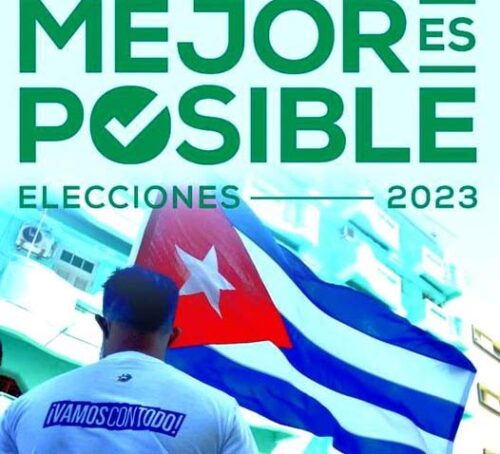For the group that aspires to bring the concerns of its constituents to the highest legislative body in the country, the meeting with them are the essence of the electoral process itself.
Recently, the Cadena Agramonte website highlighted the evaluations made by Joel Queipo, a member of the Secretariat of the Central Committee of the Communist Party of Cuba (PCC), who said that “it is a great pride to represent Camagüey, that Camagüey that is cultured, comprehensive, innovative, patriotic and revolutionary.”
Queipo’s sentiment is combined with that of Roberto Alejandro Carrazana, who at 23 is the president of the University Student Federation (FEU), and is the youngest parliamentary candidate in the province.
“There is a significant representation of young people in Parliament made up of 470 lawmakers. That we are represented has been a government policy, so it will be up to the youth to continue with their role, as Apostle Jose Marti said, it will be up to them to continue to create for themselves, and build a better society,” Queipo told Prensa Latina.
Queipo told Cadena Agramonte that “you have to love your small country to love the big one, and I love the small country and the big one, and my small country is Camagüey.”
In addition, the head of the PCC Productive Economic Department told the Cadena Agramonte website that “in addition to being an electoral process for the constitution of Parliament, it is a process of exchange, unity, and innovation in order to solve the problems of Socialism.”
Currently, the parliamentary candidates to the National People’s Power Assembly approach have visited communities, institutions, and productive centers nationwide to understand the concerns of their constituents better, in a program that will last March 26.
jg/ro/fam









